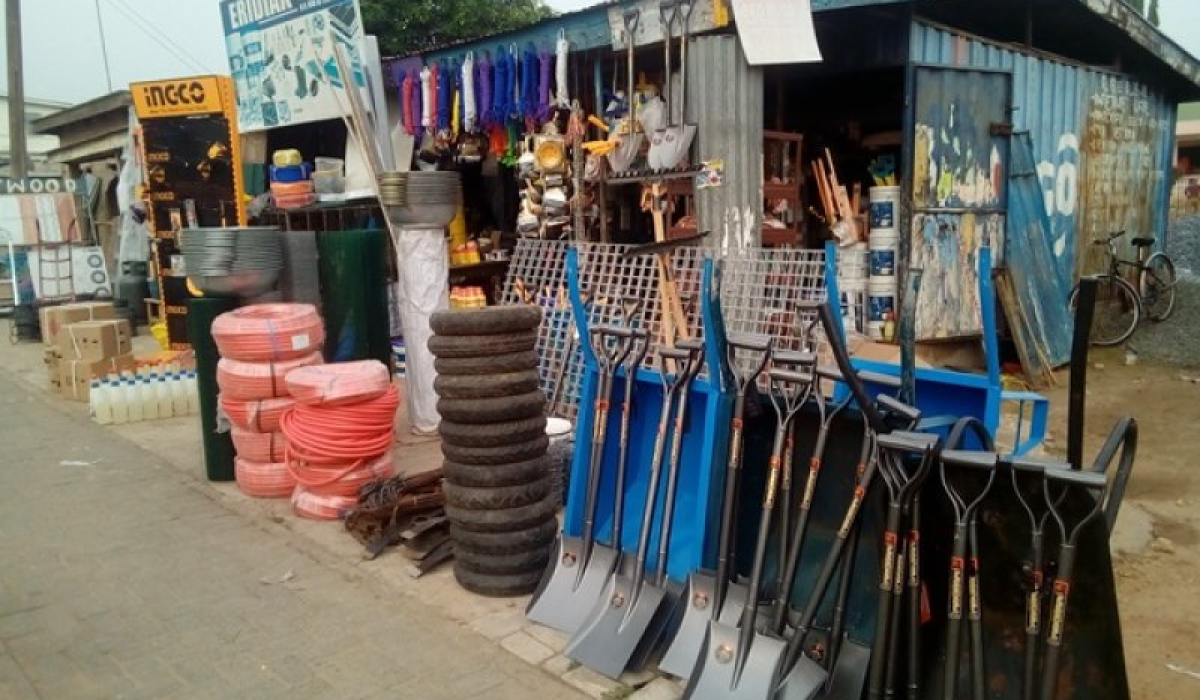Ghana, a nation with a growing economy and a burgeoning construction industry, has been facing a significant challenge in recent years—the rising cost of building materials. This issue has far-reaching implications for the construction sector, housing affordability, infrastructure development, and ultimately, the nation’s economic progress. In this article, we delve into the factors contributing to this trend and explore potential solutions to mitigate its impact.
Understanding the Factors
Several factors have converged to drive up the cost of building materials in Ghana:
- Currency Fluctuations: The Ghanaian Cedi has experienced fluctuations in value, which can affect the cost of imported building materials. A weaker currency can lead to higher prices for materials sourced internationally.
- Global Supply Chain Disruptions: The COVID-19 pandemic disrupted global supply chains, causing delays and shortages in the availability of building materials. Increased demand and limited supply have pushed prices upwards.
- Transportation Costs: High transportation costs, fueled by rising fuel prices and inadequate road infrastructure, contribute to the overall cost of building materials.
- Inflation: Inflationary pressures within the country can lead to increased production and distribution costs, which are eventually passed on to consumers.
- Import Tariffs and Taxes: Import duties and taxes imposed on building materials can significantly add to their cost, particularly for items not produced locally.

Impact on the Construction Sector
The escalating cost of building materials has several implications for the construction industry in Ghana:
- Affordability Concerns: The cost of construction projects, including housing, has increased, making it more challenging for individuals and families to afford decent housing.
- Stalled Projects: Some construction projects may be delayed or stalled due to budget constraints, affecting both public and private sector initiatives.
- Housing Deficit: Ghana already faces a housing deficit, and the rising cost of materials exacerbates this problem, leaving many without adequate shelter.
- Economic Implications: The construction sector is a significant contributor to Ghana’s GDP. High material costs can lead to reduced economic activity, impacting job creation and overall growth.
Potential Solutions
Addressing the rising cost of building materials in Ghana requires a multi-pronged approach:
- Local Production Promotion: Encouraging local production of building materials can reduce reliance on imports and enhance supply chain resilience.
- Innovative Building Technologies: Exploring innovative construction technologies and materials that are cost-effective and sustainable can help mitigate material cost increases.
- Government Support: The government can provide incentives, such as tax breaks or subsidies, to local producers of building materials. It can also review import tariffs to reduce the burden on consumers.
- Skills Development: Investing in the training and development of skilled labor can improve construction efficiency and reduce labor costs, offsetting some material cost increases.
- Regulatory Reforms: Streamlining regulatory processes and reducing bureaucratic hurdles can expedite construction projects, potentially reducing costs.
- Collaboration with International Organizations: Partnering with international organizations and donors can provide financial support and technical expertise to address material cost challenges.
Conclusion
The rising cost of building materials in Ghana is a pressing issue that requires immediate attention from government, industry stakeholders, and the broader community. By implementing a combination of strategies, including local production promotion, innovative technologies, government support, skills development, and regulatory reforms, Ghana can navigate these challenges and continue its journey toward sustainable and affordable development in the construction sector. Addressing the issue of rising material costs is not only crucial for the construction industry but also for the well-being and prosperity of the nation as a whole.


